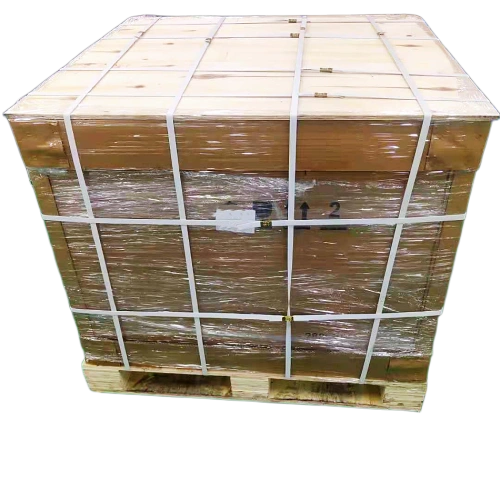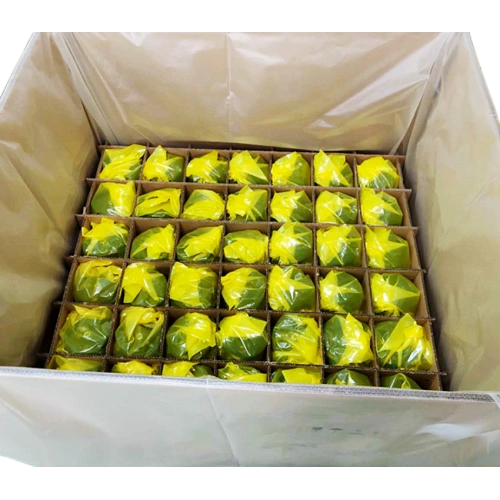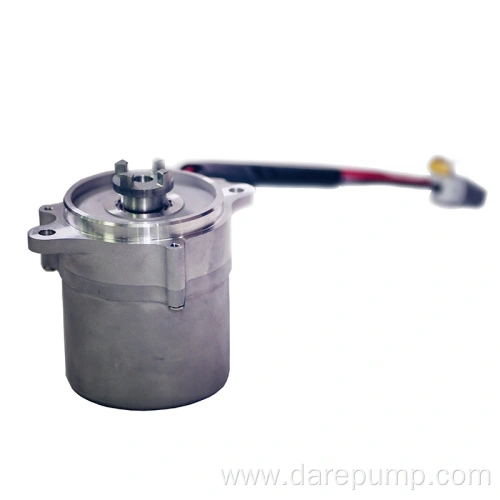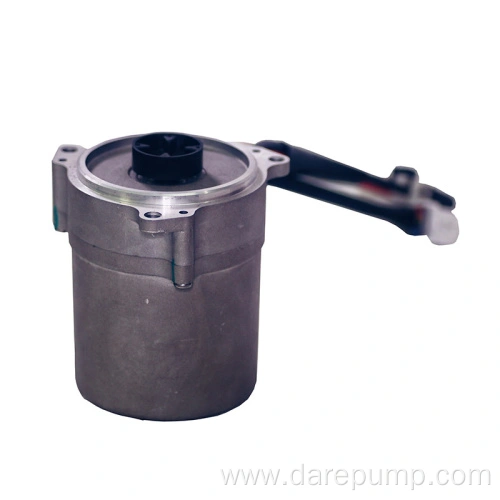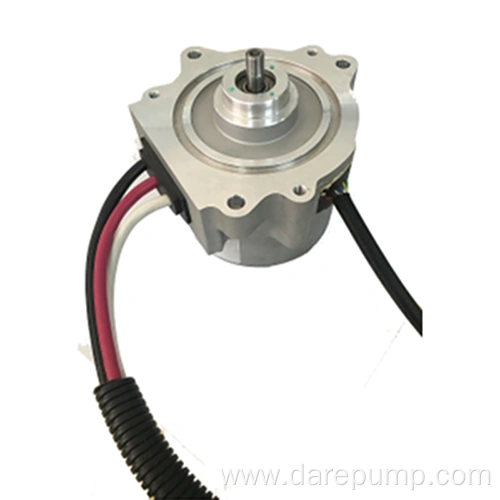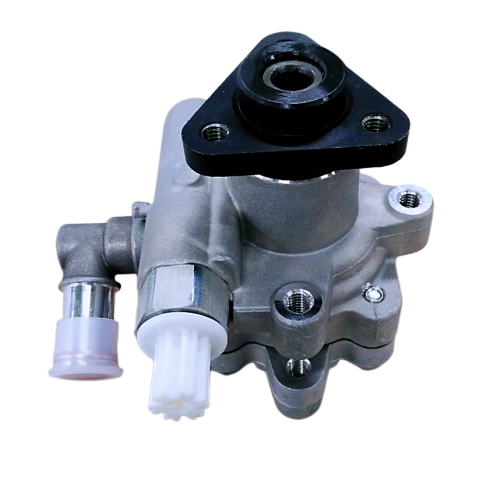Product Details

Hydraulic Transmission Oil Vane Pump CVT
Subcategory
Keywords
- Description
-
Product Attributes
Model No.:FBB29C
Brand:FZB
Place Of Origin:China
Type:Vane Pump
Application:CVTPackaging & Delivery
Selling Units:Piece/Pieces
Package Type:PAPER BOX, PALLETProduct Description
Automatic Transmission Oil Pump
In the early stages of the development of automatic transmissions, dual pumps were used in automatic transmissions. They were used to transfer the front and rear of the transmission, with the front pump driven by the engine and the rear pump driven by the output shaft. The function of the rear pump is to maintain the lubricating oil pressure of the system or ensure that the vehicle can be started by pushing the cart when the front pump cannot drive and supply oil when the engine fails. However, with the development of the automotive industry, the volume of the engine compartment is becoming smaller and smaller, while the engine is becoming larger and larger, which requires that the gearbox be as small as possible. Therefore, the automatic transmission gradually eliminated the rear pump. In the 1940s and 1980s, internal meshing involute quantitative gear pumps with crescent shaped partitions were generally used; In the 1980s, rotor pumps and variable vane pumps were introduced; In the 1990s, quantitative pumps with different tooth shapes were introduced, including internal meshing cycloidal pumps and dual center internal meshing pumps.
Critical parametersPart Name Transmission Oil Pump Function Master Oil Pump DARE PN FBB29C Application CVT Type of Pump Vane Pump Max. Pressure 70bar Speed Range 6775rpm Flow Rate 26-28L/min Working Temperature -40~140℃ Transmission Oil Pumps
Transmission oil pumps are either fixed-displacement or variable displacement. Displacement is the volume of fluid moved by the pump during each cycle. A fixed displacement pump moves the same amount of fluid with each cycle, and this rate is dependent on engine speed. As the engine's speed increases, the pump's flow rate increases.
Oil Pump Efficiency
Variable displacement pumps are efficient. A variable-displacement transmission pump changes its flow rate according to the needs of the transmission. This variable rate saves on wasted energy and power. Because of this energy efficiency, these vane type pumps are found on most late-model vehicles.
Related Products
Product Consulting
* Note: Please be sure to fill in the information accurately and keep the communication unblocked. We will contact you as soon as possible

